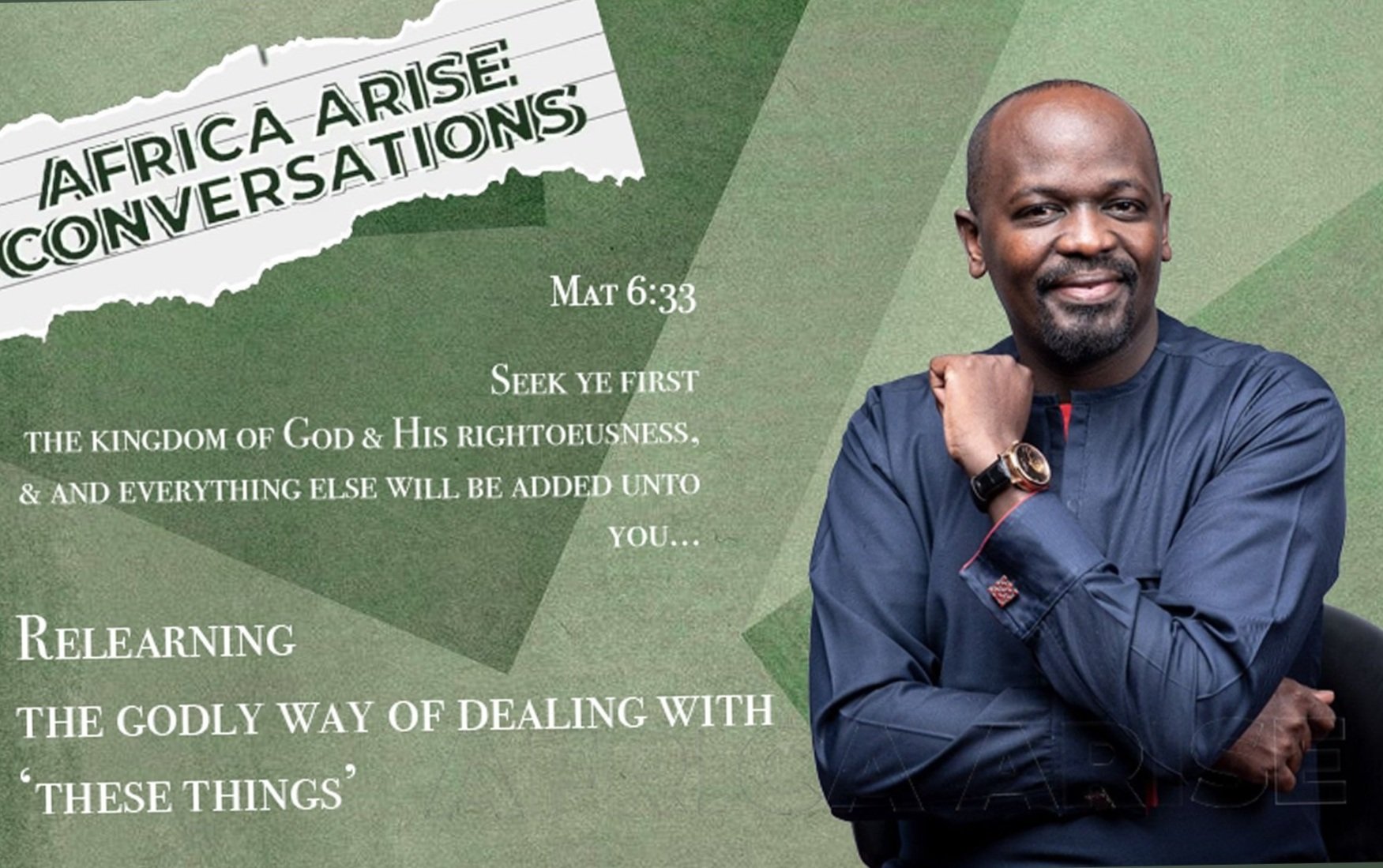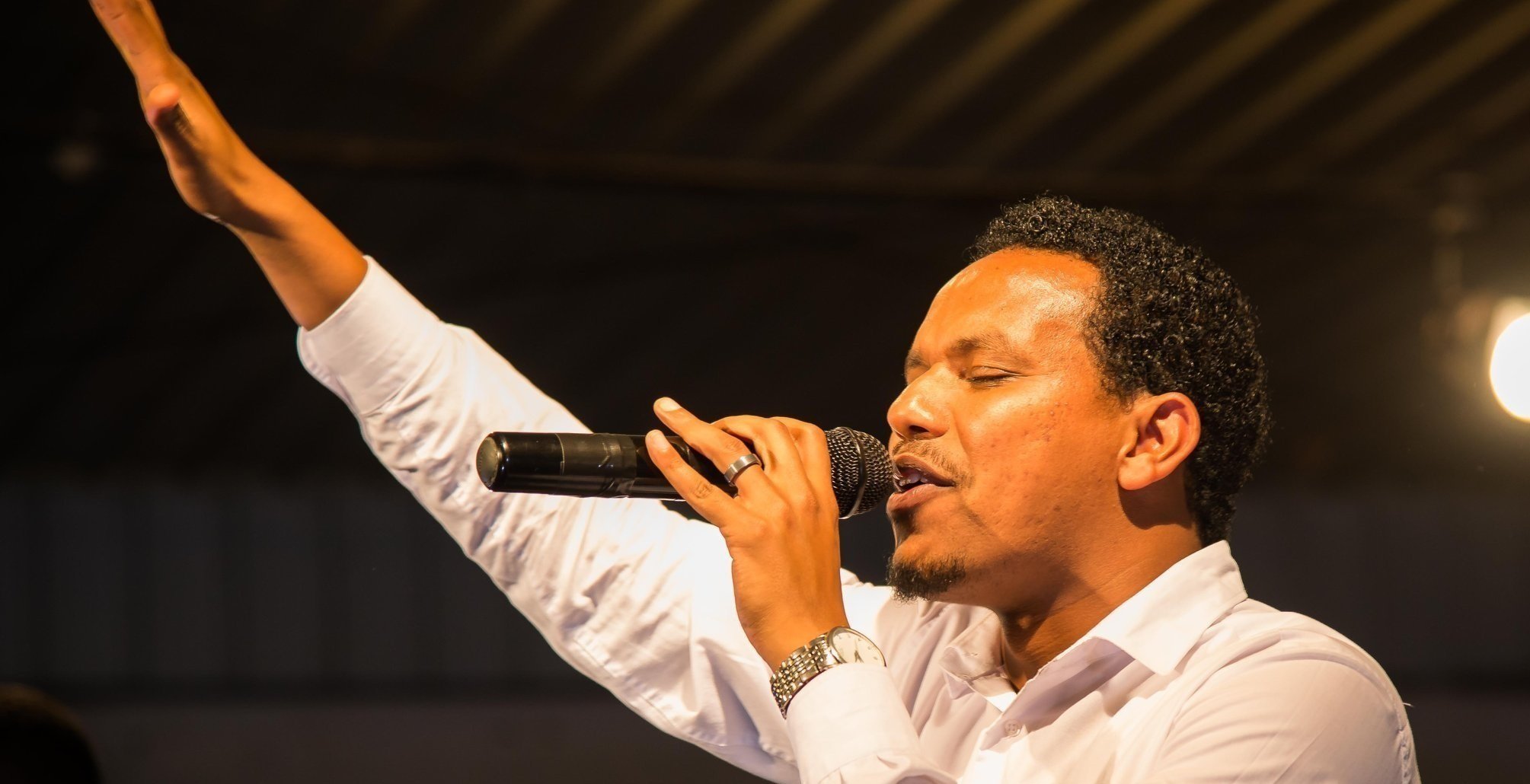Reverend Julian Kyula
2nd Corinthians 4:7 | Philippians 3
Authority is the ability to decide and act without hindrance. The Word of God carries authority, God sends His Word and it completes His will. That is how it was in the beginning, in Genesis and that is how He still operates in our day. His Word enables us to live out His Will in authority.
We can access this authority through faith in the Word; God never checks on the budget we’ve prepared for Kingdom work, He looks at our faith. This requires us to unlearn worldly perspectives and calculations and embrace only the principles in the Word of God.
(1st Corinthians 2:6-8), (Isaiah 60:2-3), (Proverb 25:2)
Africa has gathered here and it’s great; but what will happen after we have gathered, What comes after? We must understand what to do with the authority we’ve been given. Christians are not using the resources available to us as we should.
God has hidden wisdom that is revealed only when we seek it in having fellowship with God. One of the things that affects revelation is the environment we’re in. We are all a product of an environment, which dictates its own biases. Therefore, there will always be a need to unlearn and relearn. (1 Corinthians 2:6-8, Isaiah 60:2-3). Good teachings help us to have doxology (knowledge to praise God) and praxeology (practice and interpretation) is our everyday practice based on this Word we’ve learnt.
As Christians, we should exert impact in any environment; politics, infrastructure, education etc. We ought to contribute to every endeavour of our nation. When we have access to these spheres of life, we can fight to ensure that the system is working for us. However, sometimes it is not combat but cooperation that helps will give us influence. Using Joseph as an example, the King sought after a person with wisdom and revelation and Joseph knew what to do with his access to the King and the political and economic system.
————————————
Education is imported into Africa, but we can reshape it based on the principles in the Word of God. When you sense dissatisfaction in the current state of things, that can be a driver for innovation and change. We cannot afford to just be churches with large attendance and still not impact the educational system. We need to be able to change financial policies, economies, etc. wherever change is needed - and we need to bring change according to God’s word. The world can only come to Jesus when they see things in a society that has never been done before.
(Romans 11:11)
Q&A
What we deed in our church in Kenya is raising people to take positions, expertise and all needed in the system. The church has a fifteen years’ strategy to take over the city.
In Africa, the population is rising in a high percentage, the youth contributing the biggest share. We have hope for the future of the continent. However, the older generation must start to do the work so that the next inherits. There has to be imagination and vision for Africa, and we as Christians should be the ones doing it. When they see the work we have done others shall see what God has done.







